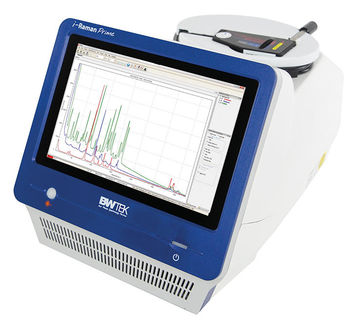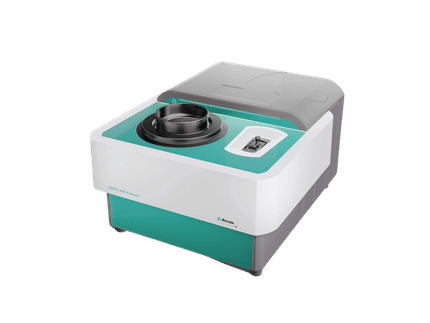To use all functions of this page, please activate cookies in your browser.
my.chemeurope.com
With an accout for my.chemeurope.com you can always see everything at a glance – and you can configure your own website and individual newsletter.
- My watch list
- My saved searches
- My saved topics
- My newsletter
Echogenic intracardiac focusEchogenic intracardiac focus (EIF) is a small bright spot seen in the baby’s heart on an ultrasound exam. This is thought to represent mineralization, or small deposits of calcium, in the muscle of the heart. EIFs are found in about 3-5% of normal pregnancies and cause no health problems. EIFs themselves have no impact on health or heart function. Often the EIF is gone by the third trimester. If there are no problems or chromosome abnormalities, EIFs are considered normal changes, or variants. Product highlight
Association with birth defectsResearchers have noted an association between an EIF and a chromosome problem in the baby. Types of chromosome problems that are occasionally seen include Trisomy 18 or Trisomy 21 (Down syndrome). In the case of an isolated EIF, and no other ultrasound findings, some studies show that the risk for a chromosome abnormality is approximately two times a woman’s background risk. Other studies report up to a 1% risk for Down syndrome when an EIF is seen on a second trimester fetal ultrasound exam. A clue to chromosome problemsAn EIF is one clue, which contribute to the chances of finding a chromosome problem. Generally the risks are low if there are no other risk factors. Many babies with chromosome problems do not show any signs on ultrasound. Other factors are discussed in counseling include:
OptionsGenetic counseling is recommended to give you more information about the EIF, to answer your questions and concerns, and go over the options available to you. Amniocentesis is a test to check a baby's chromosomes. A small amount of amniotic fluid, which contains some fetal cells, is removed and tested. Amniocentesis is very accurate; however, there is a risk of miscarriage of 1 in every 200 amniocentesis tests performed. Results take about two weeks. A normal amniocentesis result means the EIF is not significant and there would be no other concerns about it. SummaryAn EIF in the fetal heart may increase the chance for the baby to have a chromosome problem. It does not affect the development of the baby or the function of the heart. If the baby has normal chromosomes, there would be no associated problems to be concerned about. No special treatment or tests are needed at delivery. It is important to remember that chances are strongly in your favor of a normal outcome in this pregnancy, but with this additional clue, you are entitled to further counseling and testing options. |
|
| This article is licensed under the GNU Free Documentation License. It uses material from the Wikipedia article "Echogenic_intracardiac_focus". A list of authors is available in Wikipedia. |







